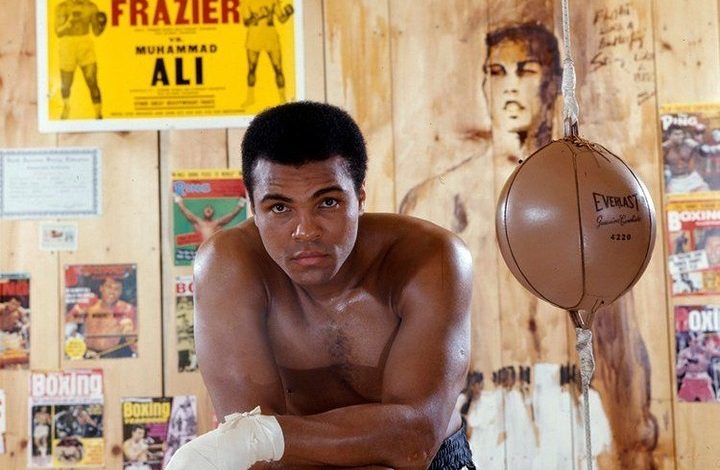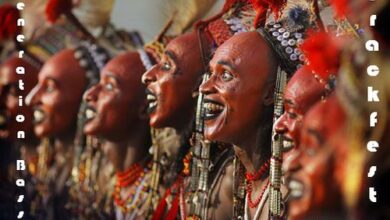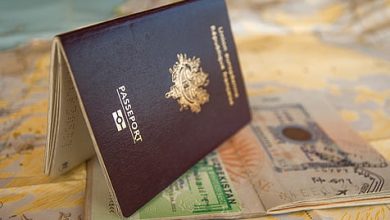Boxing Muhammad Ali: A Legacy of Family, Boxing, and Courage

Muhammad Ali, acclaimed as a three-time heavyweight boxing champion boasting an impressive record of 56 wins, is more than just a sporting legend.
He’s also renowned for his vocal opposition to the Vietnam War and his enduring legacy as a social activist.
Who Was Muhammad Ali?
Muhammad Ali, a multifaceted figure, is universally revered as one of the greatest athletes of the 20th century.
His accolades include an Olympic gold medal in 1960 and multiple world heavyweight boxing championships, notably in 1964, 1974, and 1978.
Despite facing suspension for refusing military service during the Vietnam War, Ali triumphantly reclaimed the heavyweight title twice more in the 1970s, notably defeating Joe Frazier and George Foreman.
After retiring from boxing in 1981, Ali dedicated himself to philanthropy, culminating in the awarding of the Presidential Medal of Freedom in 2005.
Early Life and Boxing Beginnings
Born Cassius Marcellus Clay Jr. on January 17, 1942, in Louisville, Kentucky, Ali’s journey began amidst the racially segregated South, where he encountered firsthand the injustices of prejudice and discrimination.
At age 12, an incident involving the theft of his bicycle led him to police officer Joe Martin, who introduced him to boxing as a means of self-defense.
This encounter sparked Ali’s passion for the sport, propelling him towards an illustrious boxing career.
Ali’s amateur boxing endeavors were marked by early successes, including triumphs in the Golden Gloves tournaments and the Amateur Athletic Union’s national championship.
Despite facing academic challenges, with some educators questioning his graduation eligibility, Ali’s principal recognized his potential and advocated for his advancement.
Boxing Muhammad Ali: Olympic Triumph and Professional Career
In 1960, Ali secured a spot on the U.S. Olympic boxing team and clinched the light heavyweight gold medal in Rome, showcasing his prowess and agility in the ring.
Following his Olympic victory, he embarked on a professional career with unwavering support from the Louisville Sponsoring Group, swiftly establishing his dominance over opponents.
Influence of Malcolm X and Conversion to Islam
Ali’s path intersected with that of Malcolm X, the charismatic Nation of Islam minister, in 1962. Impressed by Malcolm X’s impassioned speeches, Ali forged a friendship and deepened his involvement with the Black Muslim movement.
Their bond culminated in Ali’s conversion to Islam, symbolized by his adoption of the name Muhammad Ali in 1964.
Despite a subsequent rift with Malcolm X, Ali’s commitment to Islam remained steadfast, leading to his eventual embrace of orthodox Islam in the 1970s.
Muhammad Ali’s legacy transcends his athletic achievements, embodying courage, conviction, and a relentless pursuit of justice both inside and outside the boxing ring.
The Vietnam War Protest and Legal Battle of Muhammad Ali





